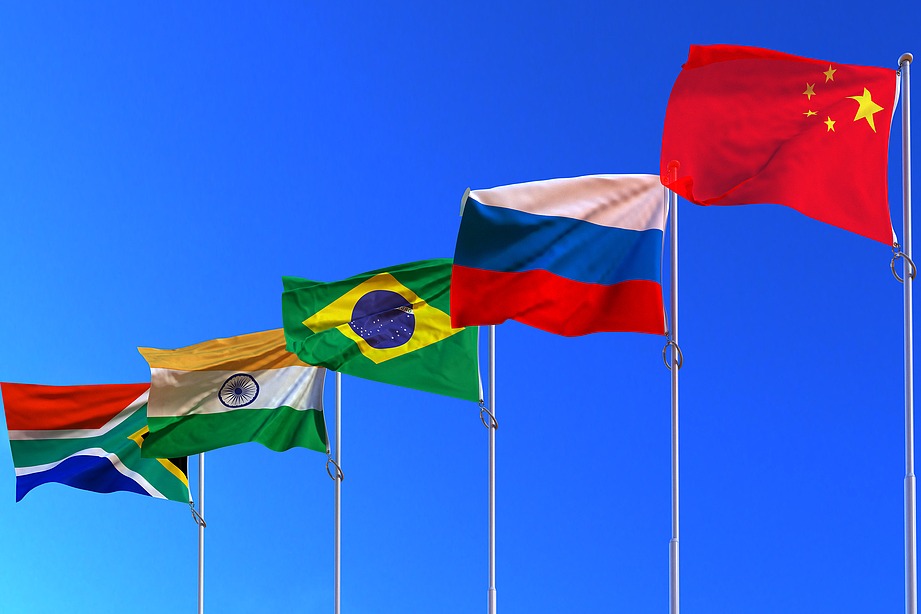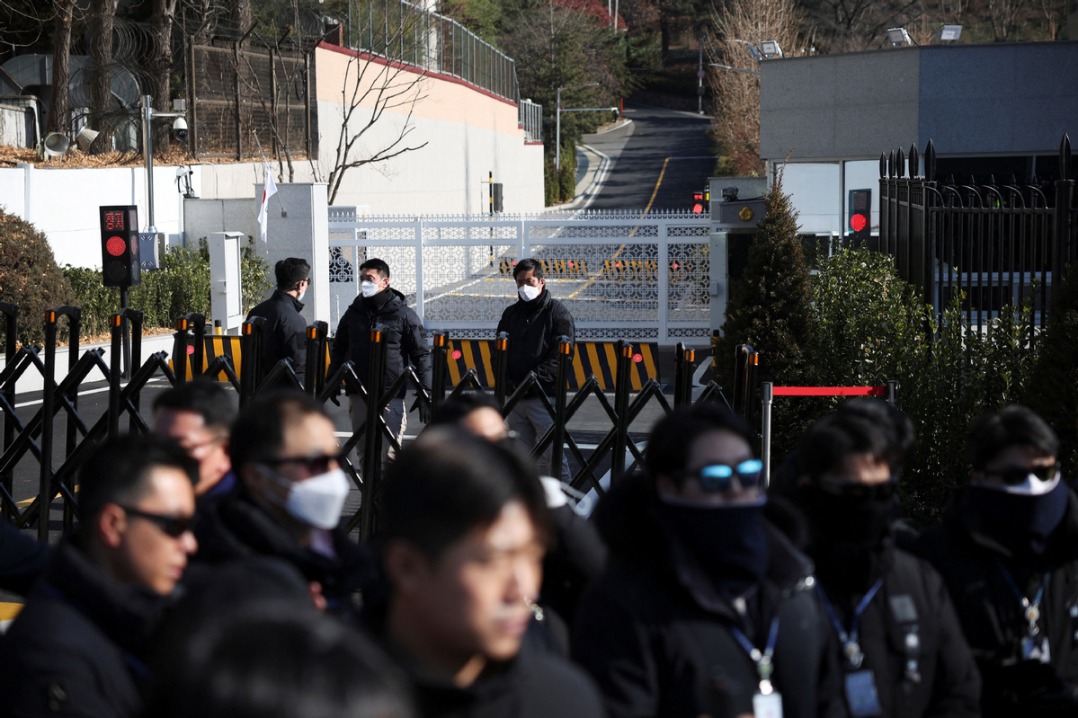Jakarta sustainability forum calls for closer collaboration


All parties need better cooperation and coordination to combat global climate change in a concrete way, and in this regard, China could help, given its technological advancement and innovative experiences, according to Indonesia International Sustainability Forum.
Indonesian President Joko Widodo, senior officials from Indonesia and neighboring countries as well as top executives and philanthropists admitted that achieving net-zero emission not only require collaboration between developed and developing countries, but also between societal groups within a country.
Opening the two-day forum on Sep 5, Widodo specially called on developed nations to make investment in developing countries, open widely to them their research and technology, and provide them with quick funding.
The IISF was jointly held by the Coordinating Ministry for Investment and Maritime Affairs and the Indonesian Chamber of Commerce and Industry.
Themed "Towards Sustainable and Inclusive Growth" and meant for the public to learn more about sustainability agendas, the gathering was attended by about 8,000 people from more than 50 countries in Asia and beyond. This number was three times bigger than that in the first IIAS last year. Divided into 10 sessions, around 50 keynote speakers and panelists, including three from China, spoke at the Jakarta Convention Center.
Widodo stressed in his speech that issues of climate change can never be fully settled if countries use economic approaches only and do calculations merely for their own interests.
"Settling those issues needs collaborative approaches and human approach," the president said.
Also attending the forum were Luhut B. Pandjaitan, Indonesia's coordinating minister for investment and maritime affairs; Retno L.P. Marsudi, foreign minister; Dato Sri Haji Fadillah bin Haji Yusof, Malaysia's deputy prime minister and minister of energy transition and water transformation; Tan See Leng, Singapore's minister for manpower and second minister for trade and industry; Teo Chee Hean, Singapore's senior minister and coordinating minister for national security; and Peter Thomson, UN secretary-general's special envoy for the ocean.
Keynote speakers and panelists elaborated particularly crucial things relevant to carbon emission reduction such as alternative energy resources, technologies and innovation, funding, human capital and public education, and electrical vehicle enterprising.
Pandjaitan said each nation has a different starting point as they have different capacity and capabilities. "Therefore, this forum reminds us that collaboration, let me repeat, collaboration is essential to our sustainability agenda," the minister said in his keynote speech.
Tan said Indonesia-Singapore provides a good example of cooperation, saying that Indonesia's revenue from its low-carbon electricity that would be exported to the island city-state could also be used to catalyze more renewable energy projects in Southeast Asia's largest economy, thus helping accelerate its decarbonization journey.
Singapore had earlier announced that it would work toward imports of four gigawatts of low-carbon electricity from its neighbors by 2030, and now the country is seeking to increase that amount to around six gigawatts by 2035.
Tan said that over the past five years five companies, namely Pacific Medco Solar Energy, Adaro Solar International, EDP Renewables APAC, Vanda RE, and Keppel Energy had been conducting marine surveys and feasibility studies so as to determine the commercial and technical conditions and subsequently make their projects a success. Indonesia's solar power exports to Singapore was expected to start by 2028, Indonesian officials said.
Dato Sri Haji Fadillah bin Haji Yusof reminded forum participants that every action by respective country in Southeast Asia can significantly impact their neighbors. As such, regional collaboration and cooperation in the area of energy transition is crucial, he said. He pointed to ASEAN plan of action for energy cooperation.
ASEAN countries signed ASEAN Plan of Action for Energy Cooperation 2016-25, which is one of the series of policy documents first signed in 2019 and which aims to promote multilateral energy cooperation and integration to attain the goals of the ASEAN Economic Community.
Dato said that solar energy is a cornerstone of Malaysia's renewable energy strategy that would drive the adoption of solar technology for large-scale solar farms to rooftop installations. Hydro power remains a pivotal component of Malaysia's renewable energy scheme, he said.
Ma Jun, an environmentalist and director of the Institute of Public & Environmental Affairs in Beijing, explained about China's ambitious development of human capital for pollution monitoring in the country.
"Ten years ago China tapped into the online monitoring technology to become the first in the world to require major air polluters to report to the public of their automatic monitoring every hour and tap into the data," Ma told forum participants.
Speaking on the sidelines of the forum discussions, Ma explained how solar power and wind power are now being developed in a very rapid speed in China and that they are put into different use such as desalination of sea water on coastal regions, particularly in the northern part of China.
"So China is no longer just a manufacturer, it's also an innovator," Ma said.
Under China-proposed Belt and Road Initiative, ASEAN countries, including archipelagic Indonesia, could make use of China's technologies for producing potable water, Ma said.
Han Han, founder and president at China Blue Sustainability Institute, shared in the forum panel discussion about what China can learn from neighboring countries like Indonesia, namely the very local community-based management network for the solution of local problems.
Jamal Karsli, a German politician from the Green Party, said women could give critical support to carbon emission reduction efforts as women are found everywhere, at home and in various other places where energy is used for cooking and washing and for doing other kinds of work.
"In Germany people talk a lot about environment, the Green Party also talks a lot about it. But, the industries do other things," he told this correspondent on the sidelines of the sustainability forum.
Shinta Widjaja Kamdani, vice-chairwoman of KADIN, said that green financing remains a global challenge as developing countries, except China, need to invest around $2.4 trillion annually, combined, for climate action up to 2030.
Of the $2.4 trillion, 40 percent is designated to come from external parties, and so far very small portion of the external sources has been received by developing countries, Kamdani told this correspondent.
She said the IISF can help strengthen Indonesia's strategic positioning as a global hub for collaboration that aims to accelerate sustainability growth.
The two-day gathering saw the signing of 14 Memoranda of Understanding on critical areas such as cross-border electricity interconnection, carbon capture, acceleration of energy transition, and green transition in transportation.
The third IISF is scheduled to be held in Bali next year.
The writer is a freelance journalist for China Daily.

































